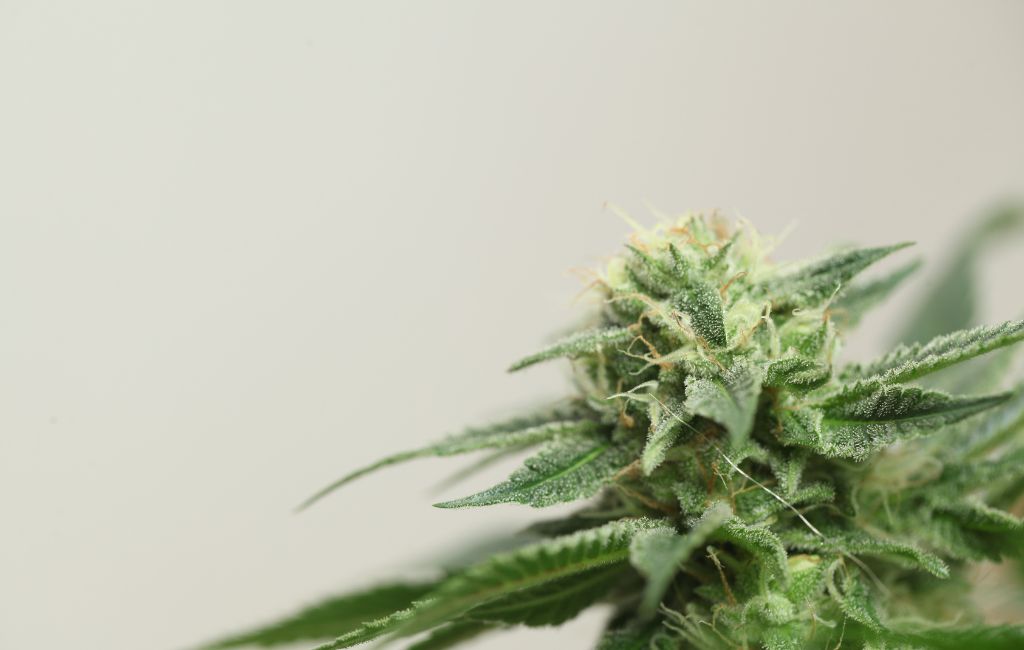THCa Flower: A New Era of Natural Relief
The world of natural remedies is ever-evolving, with new discoveries offering promising alternatives to traditional medicine. One such discovery is the THCa flower, a cannabis product gaining attention for its potential therapeutic benefits. This article explores the properties, benefits, and potential applications of THCa flower, providing a comprehensive overview for those interested in natural relief options.
Understanding THCa: The Basics
THCa, or tetrahydrocannabinolic acid, is a non-psychoactive cannabinoid found in raw cannabis plants. Unlike THC, which is known for its psychoactive effects, THCa does not produce a “high.” This makes it an attractive option for individuals seeking the therapeutic benefits of cannabis without the mind-altering effects.
THCa is the precursor to THC. When cannabis is heated through smoking, vaping, or cooking, THCa undergoes decarboxylation, converting into THC. This transformation is why raw cannabis does not produce psychoactive effects until it is heated.
Potential Benefits of THCa
Research into THCa is still in its early stages, but preliminary studies and anecdotal evidence suggest several potential benefits:
- Anti-inflammatory Properties: THCa may help reduce inflammation, making it a potential option for individuals with conditions like arthritis or inflammatory bowel disease.
- Neuroprotective Effects: Some studies indicate that THCa might offer neuroprotective benefits, which could be beneficial for neurodegenerative diseases such as Alzheimer’s or Parkinson’s.
- Anti-emetic Properties: THCa has shown promise in reducing nausea and vomiting, which could be helpful for patients undergoing chemotherapy or those with chronic gastrointestinal issues.
- Appetite Stimulation: Like THC, THCa may help stimulate appetite, offering potential relief for individuals with eating disorders or those experiencing appetite loss due to medical treatments.
Case Studies and Research
While comprehensive clinical trials are limited, several case studies and smaller research projects have highlighted the potential of THCa:
- A study published in the British Journal of Pharmacology found that THCa exhibited anti-inflammatory properties in animal models, suggesting its potential for treating inflammatory conditions.
- In a case study involving a patient with epilepsy, THCa was reported to reduce seizure frequency, highlighting its potential as an anticonvulsant.
- Research conducted by the University of Guelph demonstrated THCa’s potential in reducing nausea in animal models, supporting its use as an anti-emetic.
THCa Flower in the Market
The growing interest in THCa has led to an increase in the availability of THCa-rich products, including THCa flower. These products are often marketed as raw cannabis options, allowing consumers to access the benefits of THCa without the psychoactive effects of THC.
THCa flower is typically consumed in its raw form, either by juicing or adding it to smoothies and salads. This method preserves the THCa content, providing users with the full spectrum of potential benefits.
Legal Considerations
The legal status of THCa flower varies by region. In some areas, it is classified similarly to other cannabis products, while in others, it may be considered legal due to its non-psychoactive nature. Consumers should research local regulations before purchasing or using THCa products.
Consumer Experiences
Many individuals have reported positive experiences with THCa flower, citing relief from various symptoms without the psychoactive effects associated with THC. Testimonials often highlight improvements in inflammation, pain management, and overall well-being.
For example, a user with chronic arthritis reported significant reductions in joint pain and swelling after incorporating THCa flower into their daily routine. Another individual with Crohn’s disease noted improved gastrointestinal function and reduced discomfort.
Future Prospects
The future of THCa flower looks promising as research continues to uncover its potential benefits. As more studies are conducted, the understanding of THCa’s therapeutic properties will likely expand, leading to increased acceptance and use in the medical community.
Innovations in cultivation and extraction methods may also enhance the availability and potency of THCa products, providing consumers with more effective options for natural relief.
Conclusion
THCa flower represents a new frontier in natural relief, offering potential benefits without the psychoactive effects of THC. While research is still developing, early findings and consumer experiences suggest that THCa could be a valuable addition to the world of natural remedies. As interest grows and more studies are conducted, THCa flower may become a staple in the pursuit of holistic health and wellness.
